Washington, DC, March 1, 2020 — The National Association of County and City Health Officials (NACCHO), on behalf of the nation’s 3,000 local health departments, sent the following letter to Congress urging it to quickly pass a robust emergency supplemental funding that includes specific resources to support the work of public health departments to activate for and respond to the coronavirus. A full copy of the letter can be found here.
In response to the U.S. Department of Health and Human Services (HHS) secretary’s declaration that the 2019 novel coronavirus (COVID-19) outbreak is a public health emergency, the National Association of County and City Health Officials (NACCHO) urges Congress to quickly adopt efforts to support and strengthen local, state, federal, territorial, tribal, and global public health capacity and coordination to adequately respond to this infectious disease outbreak.
A wide range of potential funding amounts have been suggested in recent days by both the Administration and Members of Congress. While it is difficult to accurately predict the future cost of response efforts due to many unknowns about the future scale and spread of the outbreak in the United States, local health departments are already activated and incurring costs related to their work to address potential and future cases in their communities. Therefore, we strongly recommend a robust emergency supplemental package that specifically delineates strong funding to support the work that local, state, tribal and territorial health departments have and continue to do as part of this response. Funds are needed to support a wide range of activities, including:
- Isolation/quarantine related activities, including securing and standing up facilities, transportation and lodging and wrap around services like behavioral health services/support, counseling, or even necessities like food, toiletries, etc.
- Testing and monitoring patients that are currently under investigation (PUIs), rapidly investigating cases, and obtaining information on their close contacts.
- Outreach to the general public, including media buys for public communication, collaboration with community organizations, printing, phone banks, updating web information, and translating materials into appropriate languages.
- Engagement with hospital, healthcare system, and health plan leaders to monitor healthcare staffing and supplies; implement plans to reduce demands on the healthcare system; increase surge capacity in our systems and implement alternate standards of care to conserve limited supplies.
- Acquisition of personal protective equipment (PPE) including N95 masks, face shields, gowns, and secure fit testing resources by third party vendors for respiratory protection.
- Other equipment, such as infection control supplies, digital thermometers, and other equipment costs associated with quarantine and isolation.
- Funds to cover the clinic visits or mobile home testing teams for uninsured/underinsured persons meeting case definition who need testing to confirm infection.
- Funds to cover medical transport and hospitalization for uninsured/underinsured persons with symptoms for medical evaluation.
- Specimen tracking and transport.
- Laboratory testing reagents, supplies, and consumables.
- Laboratory equipment for sample extraction.
- Laboratory packing, shipping materials, and supplies.
- Clerical assistance and/or laboratory assistance to support laboratory testing and other related functions.
- Additional staffing to eliminate uneven response.
- Connecting the laboratory test data from the new CDC COVID-19 Real-Time Reverse Transcriptase PCT Diagnostic Panel with the public health disease surveillance systems where disease information case investigations will occur.
- Data analytics and epidemiological surveillance system capacity.
- Implementing seamless, interoperable data sharing across the public health infrastructure (from local/state/tribal/territorial to or from the federal level).
- Improved data collection and sharing of and transmission of data for persons under quarantine and persons under investigation.
In addition, we request that emergency supplemental appropriations provide funding to reimburse costs that were redirected from other programs, consistent with the structure of past emergency supplemental appropriations. Lastly, funding should not be offset by cutting other public health or human service programs, and any existing programs or grants from which funds are diverted or transferred in the near-term response should be replenished by the emergency supplemental appropriation.
While supplemental funding will support critical activities to rapidly respond to the COVID-19 outbreak, it does not preclude the need for Congress to provide sustained, continued, and increased investments through the annual appropriations process for HHS to expand capacity to address other existing and future public health threats. Strong, sustainable funding is critical to increase the capacity of health departments who have lost nearly a quarter of their workforce since 2008.
NACCHO and local health departments look forward to working with Congress to address this global outbreak that has the potential to spread throughout our communities, disrupting families, workplaces, and the U.S. economy. Without medical countermeasures, our most effective prevention efforts to minimize widespread illness and loss of life include community mitigation activities that require intensive work by trained public health professionals. Any delay in these efforts can result in a huge human and economic cost.
_____________________________________________________________________________
About NACCHO
The National Association of County and City Health Officials (NACCHO) represents the nation’s nearly 3,000 local governmental health departments. These city, county, metropolitan, district, and tribal departments work every day to protect and promote health and well-being for all people in their communities.

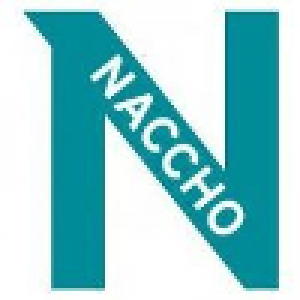


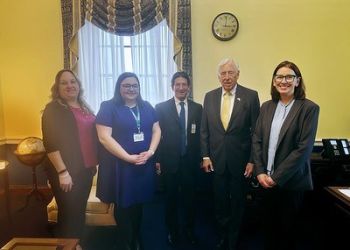

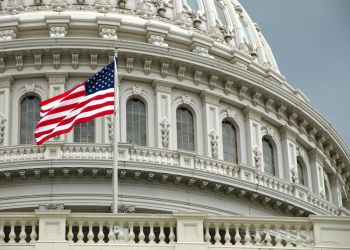
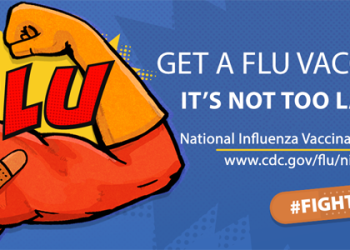
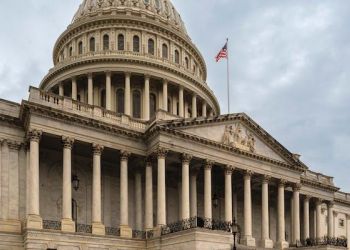
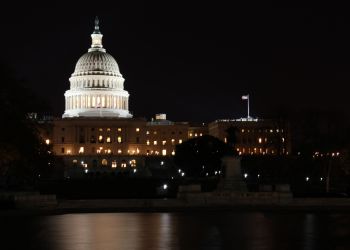
Thanks for all your hard work!